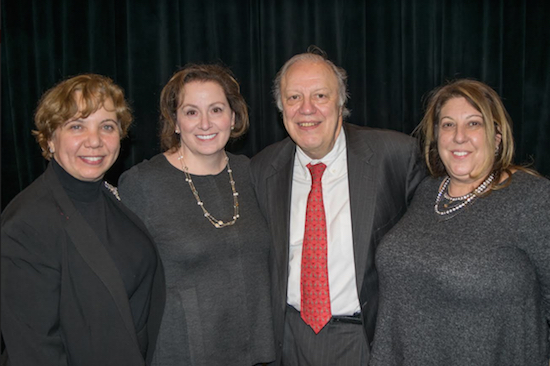Local bar associations discuss faith and immigration at St. Francis College

Organizers insisted that the timing was coincidental, but it couldn’t have been better as three local bar associations came together to host a discussion on immigration titled “Can Faith Trump Walls?” at St. Francis College last Thursday.
Members of the Catholic Lawyers Guild of Brooklyn, the Brooklyn Brandeis Society and the Muslim Bar Association of New York hosted a Faith in the Law discussion at the college while Yemeni immigrants were protesting President Donald Trump’s “immigration ban” in front of Borough Hall not even a block away.

Brooklyn Boro
View MoreNew York City’s most populous borough, Brooklyn, is home to nearly 2.6 million residents. If Brooklyn were an independent city it would be the fourth largest city in the United States. While Brooklyn has become the epitome of ‘cool and hip’ in recent years, for those that were born here, raised families here and improved communities over the years, Brooklyn has never been ‘uncool’.